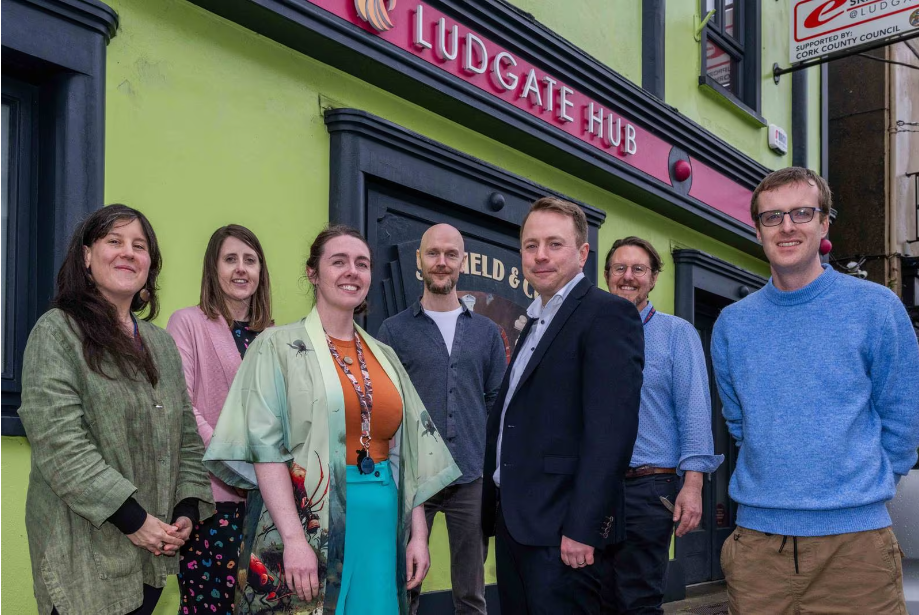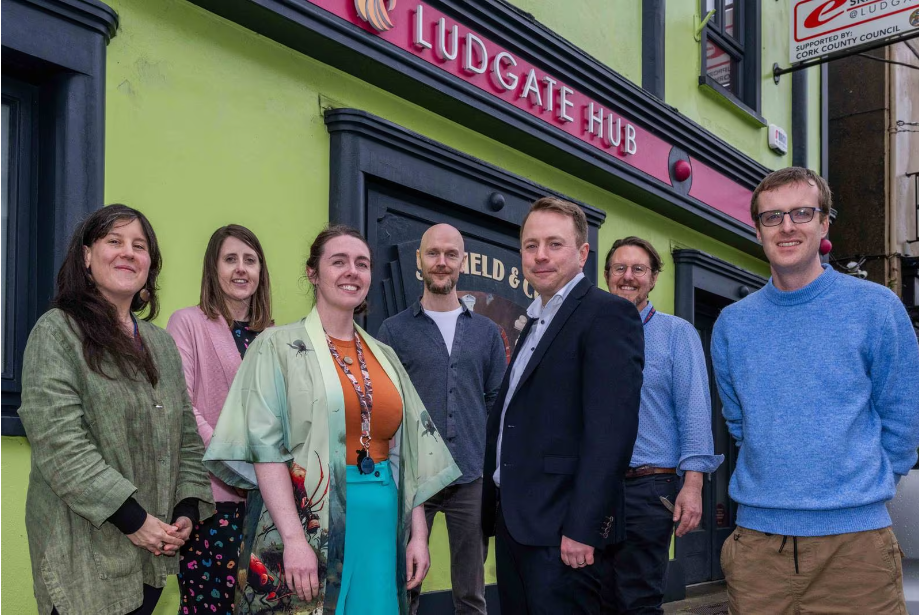
€1.6m project to support SMEs to make smart decisions about sustainability
A group at Munster Technological University (MTU) are seeking business owners and advisers to take part in a new €1.6 million international project to help SMEs implement effective sustainability measures. The Target Circular project is a collaboration between institutions in Ireland, Finland, Norway, Iceland and Sweden, and builds on recent research into how businesses can use a more scientific approach to decision-making.



